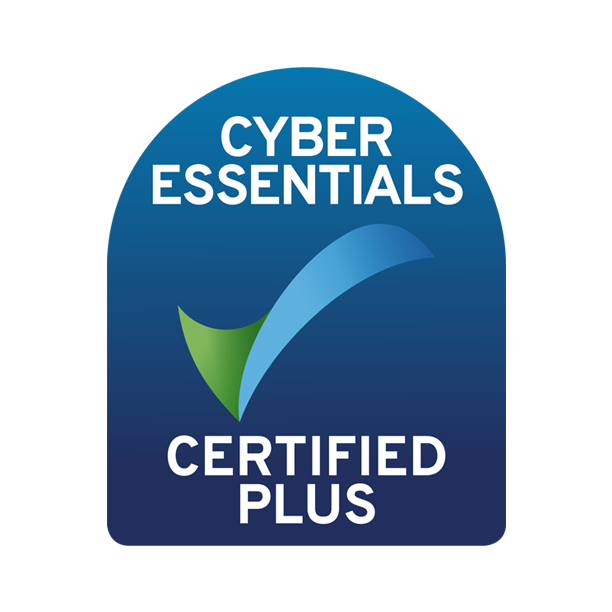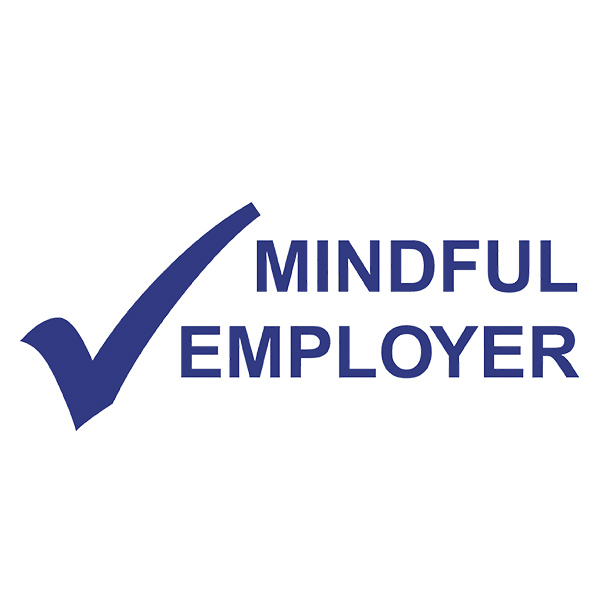-
Managing your mental health during the pandemic
Maisie, a member of our Advisory Group, draws from her experience to share tips on how to look after yourself.

-
As we all know, this strange and unprecedented time is causing turbulence and stress to everyone’s lives around the world. It has and will continue to have an effect on everyone’s wellbeing, and so it’s more important than ever to be in touch with yourself and your own health. This is especially true for people who have long standing mental health conditions or anyone who struggles with their emotional health.
Here are a few tips that I have found helpful and I hope that someone else will too. Please note that I’m not a mental health professional. I am someone who has experienced mental ill health and these are just some things that I personally have found helpful.
Communicate
This is always my top tip for managing your mental health. If you don’t communicate, those around you won’t know what’s going on for you, which means they won’t be able to help. Whether that’s communicating with your family, mental health team, friends, or via online platforms, it is always better to have your problems out in the open. This tip doesn’t just refer to communicating mental health needs. With people who are able to work from home, many of us will be in close proximity with members of our household. We’ve all seen the articles from China from couples divorcing after being in quarantine! Communicating calmly to those you live with, that something they are doing or saying is bugging you, is essential and will prevent any explosive rows from taking place.
Establish a basic routine
We all know that routine and structure have a positive effect on our wellbeing. It’s still important now whilst self-isolating and will help you stay grounded. Your routine doesn’t have to be down to the minute or even the hour. Just having the structure of one or two things a day, where you know this is what you’re going to be doing on a Tuesday and so on. Make sure you fit in things that will bring you enjoyment and not just mundane tasks. It’s also important to get up and get ready every day even though you know you’re not going anywhere. This is particularly difficult for those of us who are struggling with depression, but even getting up and changing into a clean pair of pyjamas is a good first step.
Be disciplined with your time
We have a lot of time on our hands at the moment. Whether it’s the time you would spend on your commute to work, your Friday night or weekend plans, you’ll have plenty of time to yourself. Something I’ve found helpful is splitting my free time between productive and non-productive activities. We all like to shut our brains off for a while by binge watching TV or playing video games, and that’s perfectly okay and helpful in moderation. Instead of spending all free time doing these things, I’ve been spending the other half doing a ‘productive’ activity I enjoy, such as painting/drawing and reading a book for fun. This could be anything. Sewing, craft, a project. Anything that’s enjoyable to you but is still getting your brain working.
Sleep and eat well
As part of your routine, it’s helpful to keep an eye on your sleeping patterns. Even though you might not have to get up as early to catch the train to work, it will still be better for your mental health to wake up and go to sleep at a decent time. Eating regular meals is just as important. This is a really difficult time for those of us in any sort of eating disorder recovery. Food shortages with ‘safe foods’ not being accessible as well as changes in routine can be massive triggers to some. Something I have found helpful is adding instead of taking away with foods. Instead of saying ‘I can’t snack on crisps’ and having that as a goal, I will make sure I eat my 5 a day, whole foods as well as snacks, which then leads me to not feel the need to snack as much without purposely restricting. We need to be gentle with ourselves getting through this time, and our priority should not be to lose weight.
Nurture your mind and body
If you have a long standing mental health condition, the likelihood of hearing “have you tried yoga?” over and over by others is very high. It can feel tedious and invalidating to some people as it can come across as people seeing it as a ‘quick fix’. However, there is a reason people suggest it. If you’ve been putting off trying it, what better time is there to give it a go during quarantine? There’s countless ‘yoga for beginners’ videos on YouTube focused on all different things to choose from. The same goes for things like mindfulness and guided meditation; there’s no harm in giving them a go. Giving yourself time to breathe and relax is so important. So is getting your body moving. Make the most of your one walk a day. It might make us all appreciate nature a little more.
Reach out to your community and show kindness
In difficult times, communities often come together to help each other and get through. Helping others who are vulnerable is not only the right thing to do, it’s also good for your own mental health to know you’re making a difference. Check in on your friends and neighbours. For those of us who have struggled with psychosis, the text we all received from the government could trigger symptoms and we may need some more support. For those of us with physical health problems, who have been asked to stay at home completely for 12 weeks, we may need help with getting groceries and other essentials. Look out for each other. But most importantly, you can’t help others until you look after yourself first.
Be safe and be smart.
Thank you for reading!
Maisie, MFT Advisory Group Member.
Want to write a blog for us? We’d love to hear from you! Contact Connie Ridout, Communications Officer, at connie@maryfrancestrust.org.uk or 01372 375400.
Share






